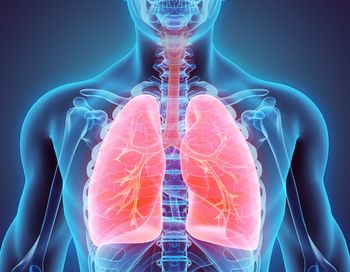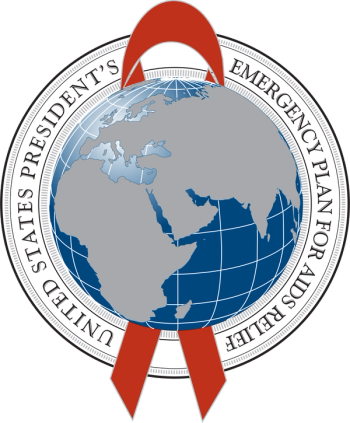
Contagion, Spring 2025 Digital Edition


De-escalating empiric antimicrobial therapy is a strategy to combat antimicrobial resistance. Antimicrobial stewardship programs can play a major role in preserving antibiotic effectiveness and preventing unnecessary antibiotic use.

From the discovery of penicillin to PK-PD principles: A brief historical overview and what we have learned from recent clinical trials.

As the cohort of people living with HIV in the US ages, HIV care programs must rapidly adapt to the changing needs of older adults with HIV.

This common skin and soft tissue infection has a high recurrence rate and significant treatment failure. β-Lactams remain effective first-line treatments, though rising resistance to clindamycin and tetracycline, especially in GAS, is a growing concern.

Rifaquizinone is a dual-pharmacophore antibiotic combining rifamycin and a fluoroquinolone-like compound, showing strong bactericidal activity against resistant Staphylococcus aureus strains and biofilms, with promising results for treating prosthetic joint infections (PJI) but limited oral bioavailability.

A recent study evaluated bundled ambulatory stewardship interventions (ASIs) — audits, reporting, webinars, and electronic alerts — to reduce inappropriate antibiotic prescriptions (IAPs) for acute uncomplicated bronchitis (AUB).



Since its detection in early 2024, H5N1 has spread to dairy cows, poultry, and wild birds. Political factors, including leadership changes at the Centers for Disease Control and Prevention and cuts to public health resources, have worsened the situation, leading to a weakened response.

View our interactive Spring 2025 digital edition.
